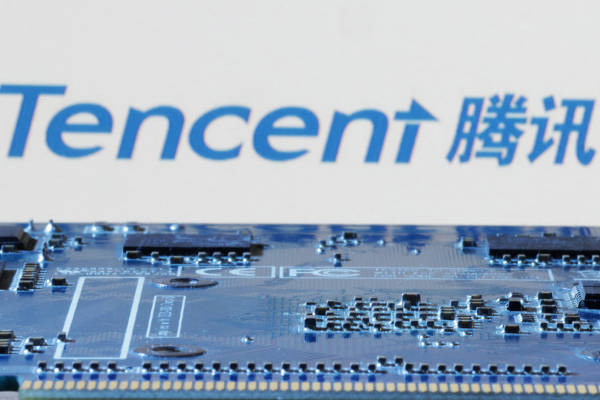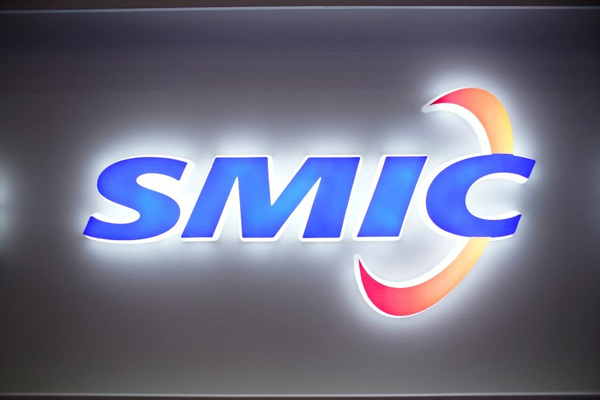How to avoid the digital transformation dragons
Sponsored by Project OneWe hear a lot about digital transformation. But true digital transformation is complex, risky, and difficult. So what does it takes to get it right? Find out here…

We asked our most experienced change leaders what it takes to get digital transformation right…
Steve and James have been leading complex transformation programmes for decades, working with dozens of organisations across industries, markets, functions and technologies to help Boardrooms unlock value through digital change. They have seen a lot; from incredible success stories to unrecoverable attempts, from programmes that ran like clockwork to those that struggled from day one. We asked them to look back across their careers and asked them one simple question, “What does it take to get it right?”
Consulting Director, Steve Calder, said, “Looking back over the last 30-years of delivering digital transformation, in some respects every transformation is unique which is why there aren’t any perfect, one-size-fits-all Project and Programme Management methodologies… no matter what people try to sell you! That said, there are certainly commonalities we can use to guide us on the right path.
Most programmes get into trouble because of a combination of the following four transformation dragons:
- Focusing on inputs and outputs rather than prioritising outcomes – it is easy to talk about inputs and outputs, much harder to talk about the value of the outcome being delivered.
- Focusing on short-term detail over long-term vision – again it is easier to talk about the here and now, but much harder to bring others with you into a vision of the future.
- Implementing a delivery approach that has worked well before in other situations – rather than taking the time to understand the approach that will work best in the current situation. Removing the mindset of ‘it worked for me before’.
- Failing to identify and address sources of complexity – this can differ from programme to programme, and organisation to organisation. For example, differing stakeholder views and the scale of change required.
I think of these as the four ‘transformation dragons’ that are waiting to catch you out: Outcomes, Focus, Experience and Complexity.”
CEO, James O’Sullivan added, “This is a great starting point. If we think about how we avoid each dragon, we can start to sketch a path to success.
- Avoiding the input and output versus the outcome trap requires absolute clarity on what we are doing and why we are doing it – does everyone truly understand the strategic intent and are they aligned to it?
- Ensuring a long-term focus on the end-state, especially when in the thick of delivery, requires consistent and impactful vision and leadership – have we shaped the programme in the right way and are we leading from the front?
- Designing the right model that will work, and avoiding familiarity bias based on experience, requires the right know-how and expertise – do we have the right people to design, refine and scale an end-to-end delivery cycle tailored to meet our specific needs?
- And finally, staying out of the complexity quagmire means avoiding group think and blind spots that cloud or blur the root causes of complexity, especially when they are associated with entrenched stakeholder views or cross business dependencies – do we value independent perspectives that challenge and disrupt our thinking?”
Steve added, “Looking back across my experience delivering digital transformation, I have seen a temptation to think that technology enabled change is different. But good practice is good practice when it comes to strategic change. At the same time there are distinct practices that underpin good technology enabled change:
- Driving continuous improvement
- Delivering iteratively
- Learning quickly
- Failing fast
- Always planning, and
- Ensuring the customer is at the very heart of your transformation.
These are a build on and not a replacement for good practice on how best to avoid the four transformation dragons.”
What is the difference between succeeding or not?
James said, “It sounds so simple, and with the right people, working in the right way, it can be straightforward. The key difference in driving success is the team. No person is an island, and no strategic change can be a success through the success of the critical few.
Ultimately, transformation is about people and success is based around the ‘power of the team’. Of course, everyone has their own individual roles to play, accountabilities and responsibilities to deliver upon and live up to, but the collective power that is brought to bear through collaboration is a barometer to its success.
You can often tell whether a programme will succeed on day one by observing the team who will deliver it. Are people going to do the right thing? Will they deliver on their commitments? Is everyone focused on making a real difference? Will they build mutual trust and earn respect? If yes to all, then the chances are the programme will be a real success.”
It is all about the ‘so what?’. If you look around your table, do you have the right people working together in the right way? If not, that is your initial challenge to address.
Our consulting team has over 1,000 years of collective experience in delivering digital transformation across all market sectors.
So, what does it take to get digital transformation right?
Getting the right people to work in the right way...and to watch out for the four dragons.
If you want an open and honest conversation about how to approach, and lead your transformation programme, then please give Project One a call for a chat. We are experts in leading complex, business-critical change and transformation. Our recent industry recognition places Project One as #2 in a sea of 1,200 UK consultancies for effective Project and Programme Management.
To find out more, visit Project One

Business Reporter Team
Most Viewed
Winston House, 3rd Floor, Units 306-309, 2-4 Dollis Park, London, N3 1HF
23-29 Hendon Lane, London, N3 1RT
020 8349 4363
© 2024, Lyonsdown Limited. Business Reporter® is a registered trademark of Lyonsdown Ltd. VAT registration number: 830519543





